
Henrietta Szold was an American-born Jewish Zionist leader and founder of Hadassah, the Women's Zionist Organization of America. In 1942, she co-founded Ihud, a political party in Mandatory Palestine dedicated to a binational solution.

Abraham Cronbach was an American rabbi and teacher, known as a pacifist. He served as a rabbi for congregations in Indiana and Ohio. Cronbach was one of the founders of the Peace Heroes Memorial Society.

Benjamin Szold was an American rabbi and scholar.

Joseph Krauskopf was a prominent American Jewish rabbi, author, leader of Reform Judaism, founder of the National Farm School, and long-time (1887–1923) rabbi at Reform Congregation Keneseth Israel (KI), the oldest reform synagogue in Philadelphia which under Krauskopf, became the largest reform congregation in the nation.

Alois Kaiser was an American chazzan and composer, considered to be the founder of the American cantorate.
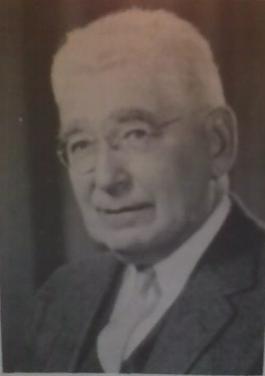
Solomon Bennett Freehof was a prominent Reform rabbi, posek, and scholar. He served as president of the Central Conference of American Rabbis and the World Union for Progressive Judaism. Beginning in 1955, he led the CCAR's work on Jewish law through its responsa committee. He also spearheaded changes to Reform liturgy with revisions to the Union Prayer Book (siddur). For many years, he served as the pulpit rabbi at Rodef Shalom in Pittsburgh, PA.
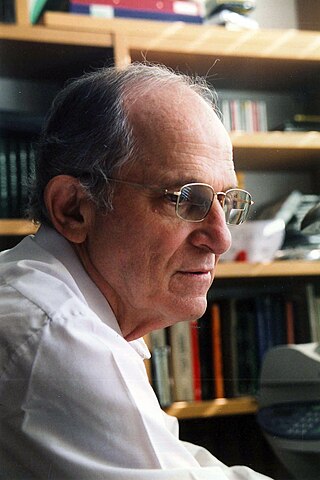
Moshe Zemer was a Reform Rabbi in Israel between 1963-2011. He was the co-founder of Jewish Reform institutions in Israel and served in key positions in them, including as chair of MARAM, Board member of the Israel Movement for Progressive Judaism, Board member of the Union for Progressive Rabbis in the United States, and a senior lecturer of Jewish Studies at the Hebrew Union College in Jerusalem.
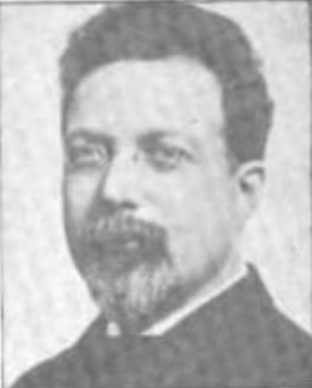
David Philipson was an American Reform rabbi, orator, and author.
Temple Oheb Shalom is a Reform synagogue in Baltimore, Maryland. The highest point in the city is located in its parking lot.
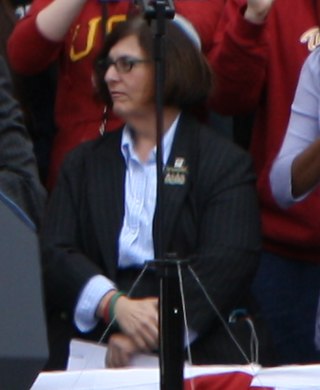
Denise Leese Eger is an American Reform rabbi. In March 2015, she became president of the Central Conference of American Rabbis, the largest and oldest rabbinical organization in North America; she was the first openly gay person to hold that position.

Peninsula Temple Sholom (PTS) is a Reform Jewish Congregation in Burlingame, California. It was founded in 1955, and since then, has constantly grown its congregation and has expanded its facilities to include a social hall, a Religious School and a Preschool. For five decades, its services were led by Rabbi Gerald Raiskin, who changed the legacy and history of the temple until his passing in 2006. Throughout the years, PTS clergy and lay leaders have continued to lead services for hundreds of reform Jews in the Bay Area and is an influential place for them to find community and practice Reform Judaism.
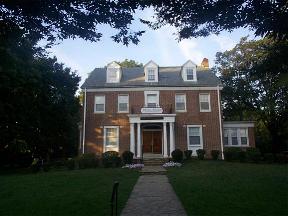
Few Jews arrived in Baltimore, Maryland, in its early years. As an immigrant port of entry and border town between North and South and as a manufacturing center in its own right, Baltimore has been well-positioned to reflect developments in American Jewish life. Yet, the Jewish community of Baltimore has maintained its own distinctive character as well.
Congregation Kol Ami is a synagogue located in Salt Lake City, Utah. It is affiliated with both the Union for Reform Judaism and the United Synagogue of Conservative Judaism, and, according to the synagogue, it serves 25% of the Jewish families in Utah.

Stuart Weinblatt is an ordained rabbi and the President of the Rabbinic Cabinet of the Jewish Federations of North America. He is the senior rabbi of Congregation B’nai Tzedek in Potomac, Maryland. He and his wife founded the Conservative synagogue in 1988 with only a handful of families. The congregation’s membership is now over 650 families. Rabbi Weinblatt also served as Director of Israel Policy and Advocacy for the Rabbinical Assembly starting in 2009 and was tapped by the Jewish National Fund to head up and organize their "Rabbis for Israel" affinity group.
Rabbi Daniel L. Lehmann was the President of the Graduate Theological Union (GTU) in Berkeley, CA from August 1, 2018 until February 2020. Upon his appointment, Lehmann became the first non-Christian to lead the GTU. Previously Lehman served as the eighth president of Hebrew College in Newton, MA and served as the board chair for the Boston Theological Institute.
Henry Berkowitz was a Reform rabbi, educator and author.
Douglas Goldhamer was an American rabbi who was president of the Hebrew Seminary, a rabbinic school for the deaf and hearing, and Senior Rabbi of Congregation Bene Shalom in Skokie, Illinois. It is the first and only rabbinic school for the deaf in the world.
Abram Simon was a Jewish-American rabbi who mostly ministered in Washington, D.C.
Abraham Jehiel Feldman was a Ukrainian-born Jewish-American rabbi.












